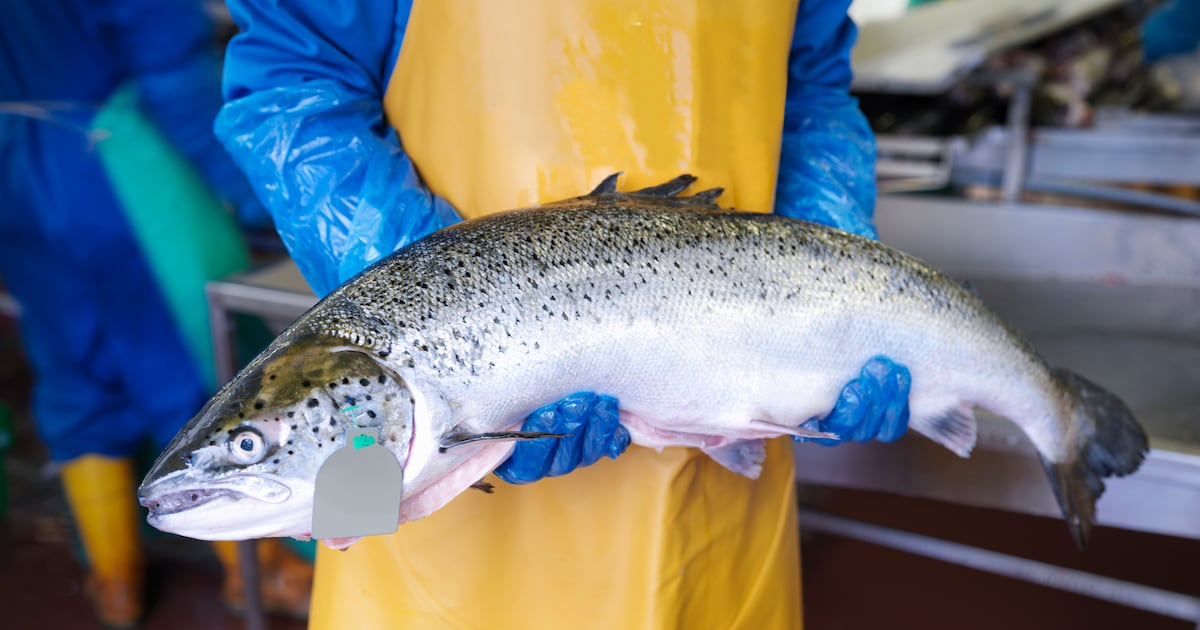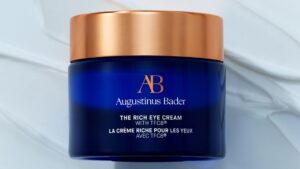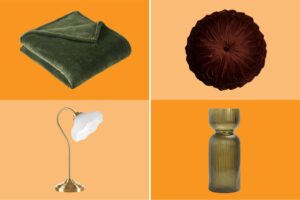The aquaculture industry faces mounting challenges in maintaining fish health and welfare, but innovative solutions may be on the horizon. Could seaweed play a key role?
That’s the question posed by Neda Gilannejad, senior researcher at NORCE, the Norwegian Research Centre, in light of research findings.
A recently published study from NORCE, conducted in collaboration with Lerøy Seafood Group and the Universidad de Almería, suggests that specific species of seaweed, such as kelp, could serve as functional feed ingredients enriched with bioactive compounds.
The research highlights that conservation methods like fermentation can enhance the bioactivity of these compounds, potentially offering significant benefits to aquaculture.
Bioactive compounds
The research team identified bioactive compounds in seaweeds, particularly Matrix Metalloproteinase Inhibitors (MMPIs), as having strong potential to mitigate inflammation.
“Our in vitro simulations of the digestive process in Atlantic salmon and Mediterranean gilthead seabream demonstrate their high efficacy,” reports Gilannejad.
MMPs, a family of enzymes critical for tissue remodeling, are implicated in inflammatory disorders, including intestinal inflammation. This issue is particularly prevalent in aquaculture when plant-based ingredients are introduced into fish diets. The inclusion of MMP-inhibitory seaweed products in feed formulations could offer a promising solution to this longstanding challenge, claim the researchers.
Experimental feeds
The study evaluated the effects of seaweed extracts on intestinal MMP activity across three carnivorous fish species – Atlantic salmon (Salmo salar), European seabass (Dicentrarchus labrax), and gilthead seabream (Sparus aurata).
Results revealed significant MMP inhibitory activity in brown and red seaweed extracts, both fresh and processed.
Experimental feeds incorporating algal meals maintained these inhibitory effects under simulated digestive conditions, further demonstrating their potential efficacy, says the team.
Funding
This research was funded by BlueRemediomics, a Horizon Europe project exploring the marine microbiome for sustainable biogenics, and Norway’s Fisheries and Aquaculture Industry Research Funding (FHF).
“The findings demonstrate the importance of bioprospecting marine resources to address aquaculture’s pressing health challenges,” comments Gilannejad.
Source: Journal of Applied Phycology
Title: Testing the inhibitory effects of different algal extracts on fish intestinal metalloproteases using in vitro assays
Authors: Martínez-Antequera, F.P., Gilannejad, N., Menanteau-Ledouble, S. et al.
DOI: https://doi.org/10.1007/s10811-024-03440-6
Credit: feednavigator.com











